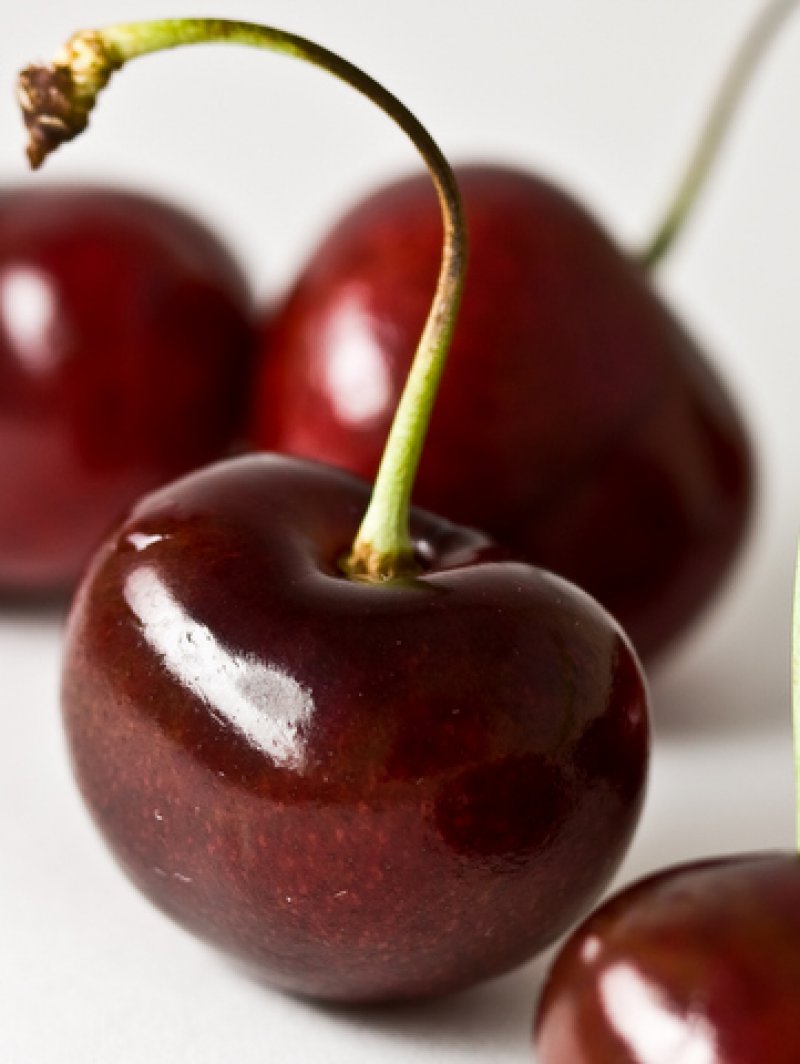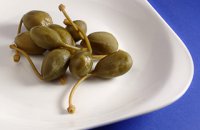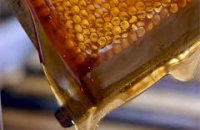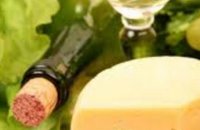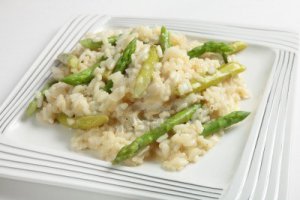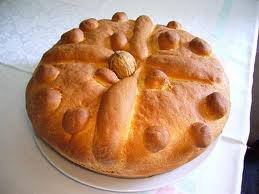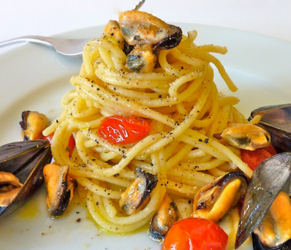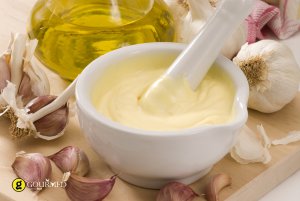"Are they good?" my husband asked me as I popped a handful in my mouth. "Not the best," I said, "but it's been a whole year since I've enjoyed some."
So goes it with the venerable cherry, which demands our attention and respect because the delicate fruit has managed to dodge the bio-engineers thus far and stay true to what nature intended: that it ripen in summer and only in summer, forcing us to savor it for just a few short weeks out of the year.
Granted, the cherries that pour into the supermarkets and farmers' markets here in Greece, as well as elsewhere, are bland compared to those straight from the tree. One of my greatest childhood joys was getting to Greece early enough from the States so I could climb the cherry tree in my aunt's backyard and sit for hours on a branch eating the fruit straight from the source. There's nothing quite like a cherry straight from the tree, a delicacy savored by man and bird alike, for cherries are among the latter's favorite food. For the pleasure, I was given the onerous task of having to pit the sour kind ("vissino," in Greek), so that my aunt could make her yearly gifts to us: the best sour-cherry preserves on earth, sweet and tart all at once, with unmatchably rich and deep flavor.
Cherries in Greece
Cherries are of two distinct types and about a hundred varieties. First, there is the sweet cherry, "kerasi" to the Greeks, "Prunus avium" to the botanists. Then, there is the sour cherry, "vissino" to us, "P.Cerasus" to science. Among the sweet varieties the large, deep red, juicy variety is the most favored, although in Greece we also cherish the white, crunchy "petrokeraso."
As for the fruit's original home, no one knows for sure, but the ancient Greeks believed it to be indigenous to Asia Minor, specifically to the city of Cerasus (the Greek word for cherry) near the Black Sea. Legend has it that the Roman general Lucullus discovered them there and brought them back to Italy. Theophrastus, the ancient Greek chronicler of plant species, described the cherry as a "red fruit shaped like a persimmon, but in size like a bean."
On the Table
Cherries have always been savored raw. Even today, it's not the sort of fruit we think about much in terms of cooking. Nevertheless, Greeks make their famed "spoon sweets" with both the sweet and sour varieties, and we use the pips to flavor brandy. The fruit contains a good amount of potassium and vitamin A. One cherry contains a mere 4 calories.
The Venerable Cherry
As one of the only fruits that has managed to evade the bio-engineers, all varieties of the cherry are venerated in Greece for their exquisite flavors and unique tastes.
Category:
Related Articles
Most Popular recipes















































